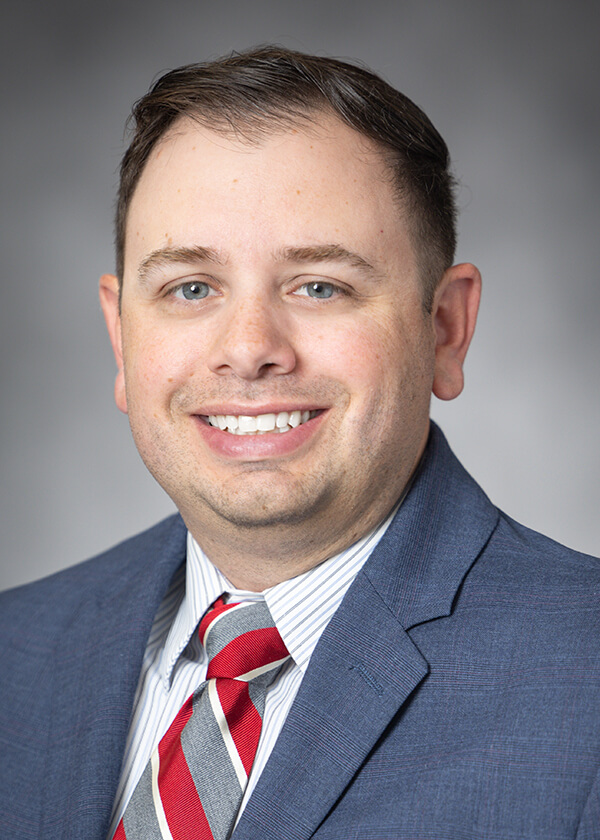Form 720 Due July 31: Have a Specified or Self Insured Health Plan?
July 23, 2015 | Authored by Eric R. Soro CPA
Affordable Health Care Act Memo | With authorization from Congress, the Patient-Centered Outcomes Research Institute conducts millions of dollars’ worth of research on how to identify the manner in which diseases, disorders, and other health conditions can most effectively and appropriately be prevented, diagnosed, treated, and managed clinically. To fund this research, Congress established the Patient-Centered Outcomes Research Trust Fund (PCORTF) as part of the numerous other health-care related measures passed under the Patient Protection and Affordable Care Act of 2010 (PPACA).
The PCORTF receives its funding from, first, the general fund of the Treasury, and, secondly, a fee assessed on: (1) issuers of specified health insurance policies and (2) plan sponsors of applicable self-insured health plans. The Patient-Centered Outcomes Research Institute has estimated that it will receive approximately $3.5 billion from the PCORTF through October 1, 2019 when its authorization expires.
The PCORTF fee is assessed against “specified health insurance policies” for plan years ending after September 30, 2012 through October 1, 2019. That means insurance providers and certain plan sponsors must report and pay the fee.
What is a “specified health insurance policy?”
Code Sec. 4375(a) imposes the PCORTF fee on each “specified health insurance policy” for each policy year ending after September 30, 2012. A “specified health insurance policy” is defined as any accident or health insurance policy (including a policy under a group health plan) issued with respect to individuals residing in the United States (including possessions).
Certain policies are exempt if substantially all of their coverage consists of excepted benefits under Code Sec. 9832(c), such as coverage only for accident, or disability income insurance, liability insurance or coverage issued as a supplement to liability insurance, workers’ compensation, automobile medical payment insurance, credit-only insurance, or coverage for on-site medical clinics.
What is an “applicable self-insured health plan?”
An “applicable self-insured health plan” is any plan for providing accident or health coverage if any portion of the plan’s coverage is provided other than through an insurance policy, and the plan is established or maintained by one or more of the following: by one or more employers for the benefit of their employees or former employees; by one or more employee organizations for the benefit of their members or former members; jointly by one or more employers and one or more employee organizations for the benefit of employees or former employees; by a Code Sec. 501(c)(9) voluntary employees’ beneficiary association (VEBA); by any Code Sec. 501(c)(6) organization; or, in the case of a plan not described in any of the other categories, by a multiple employer welfare arrangement, a rural electric cooperative, or a rural telephone cooperative association.
Who is a “plan sponsor” liable to pay the fees imposed by Code Sec. 4376?
A “plan sponsor,” for purposes of the PCORTF fee requirement, is the employer in the case of a plan established or maintained by a single employer, and the employee organization in the case of a plan established or maintained by an employee organization.
In the case of: (1) a plan established or maintained by two or more employers or jointly by one or more employers and one or more employee organizations, (2) a multiple employer welfare arrangement, or (3) a Code Sec. 501(c)(9) voluntary employees’ beneficiary association (VEBA), the sponsor is the association, committee, joint board of trustees, or other similar group of representatives of the parties who establish or maintain the plan.
How much is the fee?
The amount of the PCORI fee is equal to the average number of lives covered during the policy year or plan year multiplied by the applicable dollar amount for the year. For policy and plan years ending after Sept. 30, 2012, and before Oct. 1, 2013, the applicable dollar amount is $1.
For policy and plan years ending after Sept. 30, 2013, and before Oct.1, 2014, the applicable dollar amount is $2. For policy and plan years beginning on or after Oct. 1, 2014, and before Oct. 1, 2019, the applicable dollar amount is further adjusted to reflect inflation in National Health Expenditures, as determined by the Secretary of Health and Human Services.
How do I report the fee?
Issuers of specified health insurance policies and plan sponsors of applicable self-insured health plans must annually file Form 720, Quarterly Federal Excise Tax Return, to report and pay the PCORI fee. Form 720 is due on July 31 of the year following the last day of the policy year or plan year. Payment is due at the time the Form 720 is due.
Is the fee deductible?
Yes! The IRS Office of Associate Chief Counsel issued legal advice stating that the PCORTF fees are ordinary and necessary business expenses, and are therefore deductible as business expenses under Code Sec. 162. Issuers and plan sponsors should not, however, confuse the PCORTF fee with the annual fee on health insurance providers under Section 9010 of the PPACA. The annual fee on health insurance providers is nondeductible.
If you have any questions regarding the PCORTF, the related fee, or how it might affect your business, please contact Eric Soro at esoro@dopkins.com or your Dopkins Tax Advisor.

About the Author
Eric R. Soro CPA
Eric, embraces the challenges of taxes and puts them to work for the client. He focuses on every aspect of a client's needs, from preparing top-level corporate and partnership returns through to the culmination of member and shareholder individual returns. Taking into account the ever changing tax laws, Eric researches the complex topics that affect his client's taxes so that he may efficiently plan his process and yield the optimal results. He joined Dopkins as an intern in 2006 then full-time in 2007 upon graduation.

